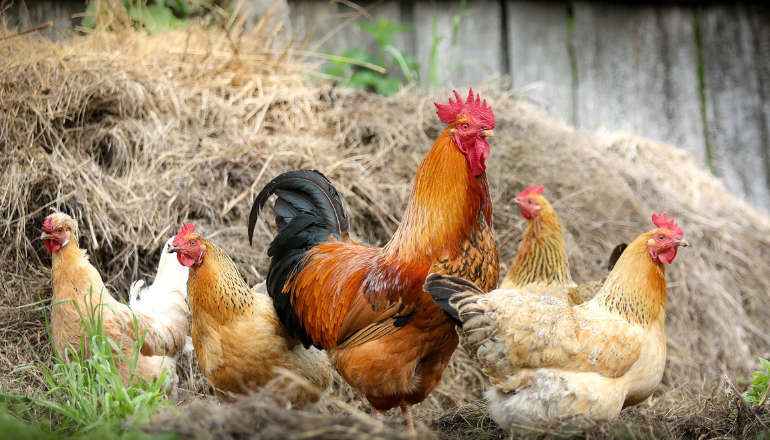
Bird keepers across the Isle of Wight are being asked to protect their birds following an increase in the risk of bird flu.
Owners are being advised to take care to protect their birds from being exposed to any potential Highly Pathogenic Avian Influenza (HPAI).
There are a number of ways to prevent birds from contracting the disease — from housing them safely to following rules around racing pigeons, birds of prey and other captive birds.
Common symptoms include a swollen head, closed and runny eyes and eating less than usual.
James Potter, the council's Trading Standards and community safety manager, said:
"It is key that people are vigilant in monitoring the health of their kept birds; in reporting any suspicion of disease promptly; and in applying strict biosecurity.
“By implementing biosecurity measures keepers can reduce the likelihood of their kept birds being infected.”
Bird flu advice and guidance
- Register as a keeper of birds – You must register within one month of keeping poultry or other captive birds at any premises in England or Wales. You’re breaking the law if you don’t register.
- Keep birds away from other captive and wild birds.
- Prevent contact with wild birds.
- Maintain bird houses and sheds.
- Fence off or cover standing water and pools.
- Control rodents and pests.
- Clean and disinfect housing.
- Use clean clothing and footwear to tend to your birds.
- Limit and control access to your birds.
Reporting suspected HPAI
If you suspect bird flu in poultry or other captive birds, you must report it immediately by calling 03000 200 301.
Bird flu is a notifiable disease in poultry and other captive birds. If you do not report it, you’re breaking the law.
Find out what you can do to prevent bird flu and stop it spreading and how to spot and report it in poultry or other captive birds


 Three Arrested Following Reports Of Woman In Possession Of Firearm In Ventnor
Three Arrested Following Reports Of Woman In Possession Of Firearm In Ventnor
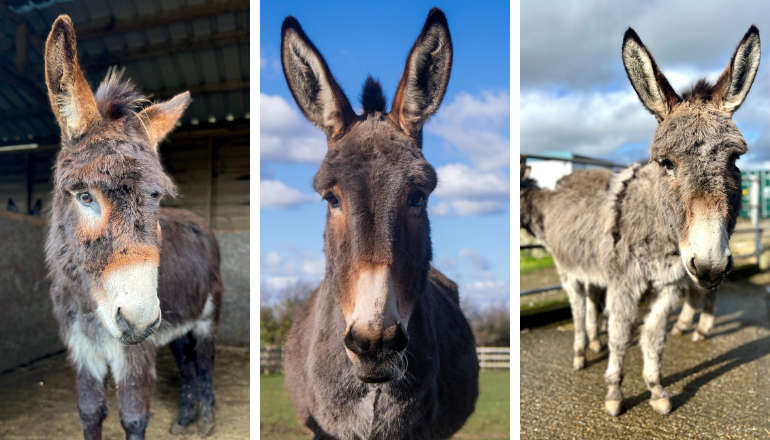 Isle Of Wight Donkey Sanctuary Welcomes 12 New Animals To Its Herd
Isle Of Wight Donkey Sanctuary Welcomes 12 New Animals To Its Herd
 Introduction Of Second Homes Premium – What You Need To Know
Introduction Of Second Homes Premium – What You Need To Know
 Large Villa-Style Property Could House Four New 'Starter Homes' In Totland
Large Villa-Style Property Could House Four New 'Starter Homes' In Totland
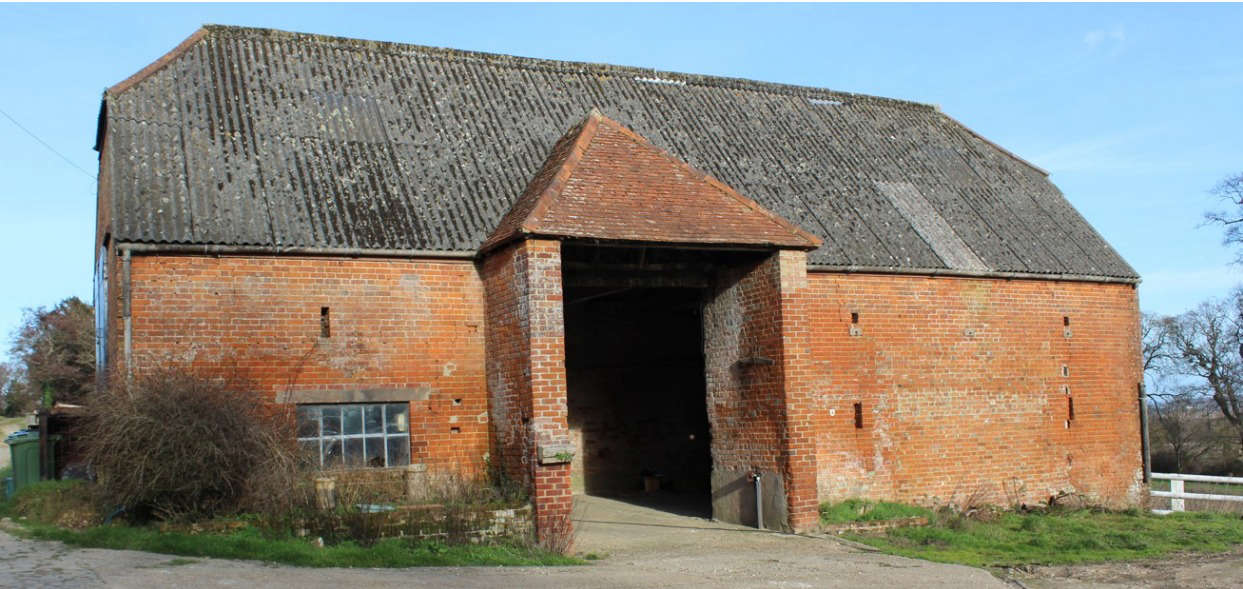 Dutch Braai Restaurant And Weddings Venue: New Plans Revealed For Disused Barns
Dutch Braai Restaurant And Weddings Venue: New Plans Revealed For Disused Barns
 Wave Of Acts Announced For Isle Of Wight Festival 2025
Wave Of Acts Announced For Isle Of Wight Festival 2025
 Discontent With Island Health And Social Care Services On The Rise Again — Report
Discontent With Island Health And Social Care Services On The Rise Again — Report
 Investigation Underway Following Death Of 28 Year-Old Man In Ryde
Investigation Underway Following Death Of 28 Year-Old Man In Ryde
 Former Ventnor Care Home Could Be Turned Into 'High Quality Housing'
Former Ventnor Care Home Could Be Turned Into 'High Quality Housing'
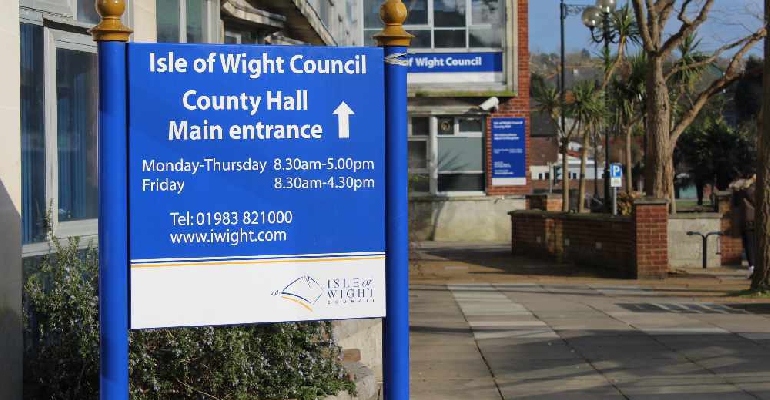 Isle Of Wight Council Fighting To Maintain Status Quo In Face Of Local Government Reorganisation Plans
Isle Of Wight Council Fighting To Maintain Status Quo In Face Of Local Government Reorganisation Plans
 Cowes Lifeboat Team Saves The Day With Rescue Of Crippled Yacht
Cowes Lifeboat Team Saves The Day With Rescue Of Crippled Yacht
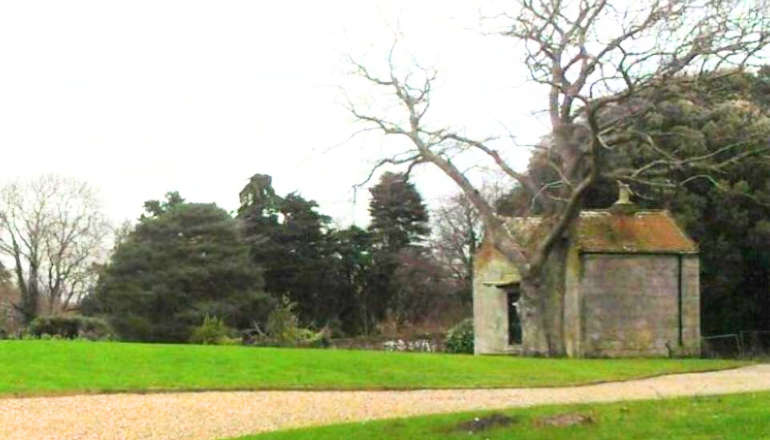 Historic Shanklin Summerhouse To Be Converted Despite Local Opposition
Historic Shanklin Summerhouse To Be Converted Despite Local Opposition
 Teenagers In Drug Arrest Following Coppins Bridge Police Pursuit
Teenagers In Drug Arrest Following Coppins Bridge Police Pursuit
 New Warehouse Could 'Support Expanding Companies' And 'Deliver Islander Employment Opportunities
New Warehouse Could 'Support Expanding Companies' And 'Deliver Islander Employment Opportunities
 Tax Breaks Could Be Set To End For Isle Of Wight Private Schools
Tax Breaks Could Be Set To End For Isle Of Wight Private Schools
 Hundreds Attend Island’s Careers, Jobs And Apprenticeships Fair
Hundreds Attend Island’s Careers, Jobs And Apprenticeships Fair
 What A Mess — Timeline Of Ventnor Road Repairs In Limbo Following Latest Collapse
What A Mess — Timeline Of Ventnor Road Repairs In Limbo Following Latest Collapse
 Police Pursuit Sees Man End Up In River Medina
Police Pursuit Sees Man End Up In River Medina
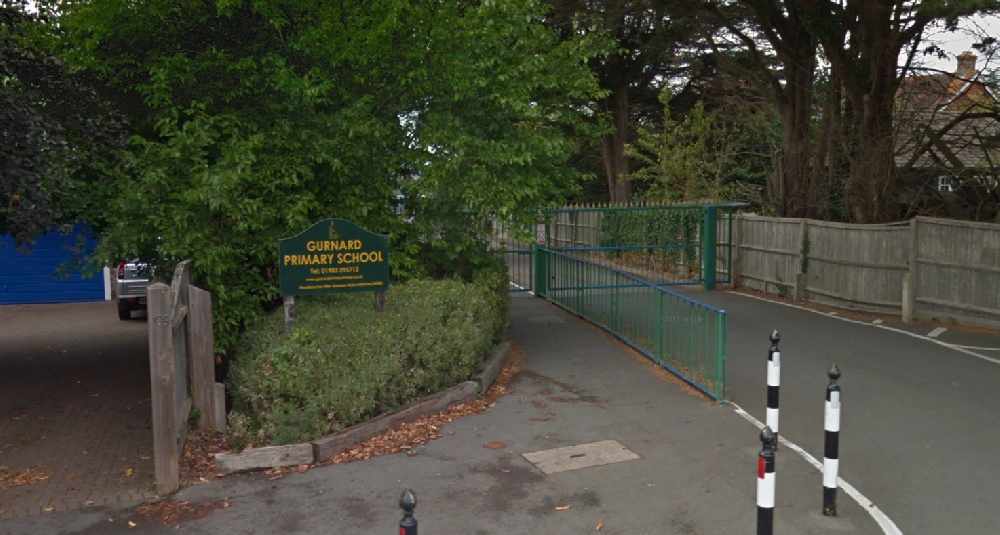 Gurnard Primary School Shines In Latest Ofsted Inspection
Gurnard Primary School Shines In Latest Ofsted Inspection
 Education Cabinet Member Urges Deferral Of School Closures Decision
Education Cabinet Member Urges Deferral Of School Closures Decision


